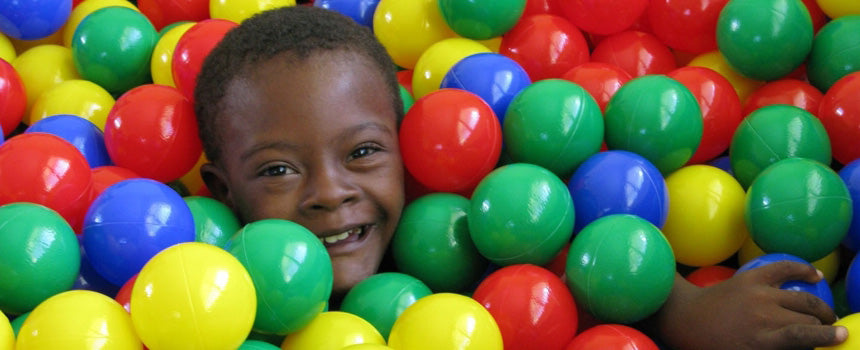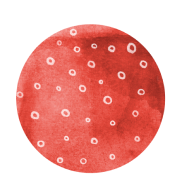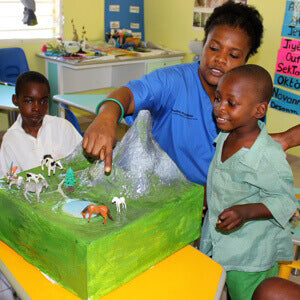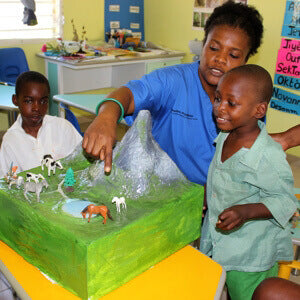Day 12
20 minutes of physiotherapy for a child with disabilities in Haiti
 Opportunities for people with disabilities
Opportunities for people with disabilities


Developing skills through sport and exercise

need
Physiotherapeutic support for children with disabilities in Haiti.
activity
Physiotherapists support the 140 children in the Kay St. Germaine rehabilitation center in Haiti 1-2 times a week with various treatments.
Measurable performance
Number of minutes of physiotherapy treatment received by children with disabilities in the rehabilitation centre.
Result
Each child’s individual abilities are strengthened through the treatments.
Systemically relevant impact
Children with disabilities are better integrated into Haitian society and discrimination is reduced.
background


The good deed
AboutHaiti
Port au Prince
Capital city
10 711 000
Population
1.665
Gross domestic product
per capita per year

168
Human Development Index
(Human Development Index)



